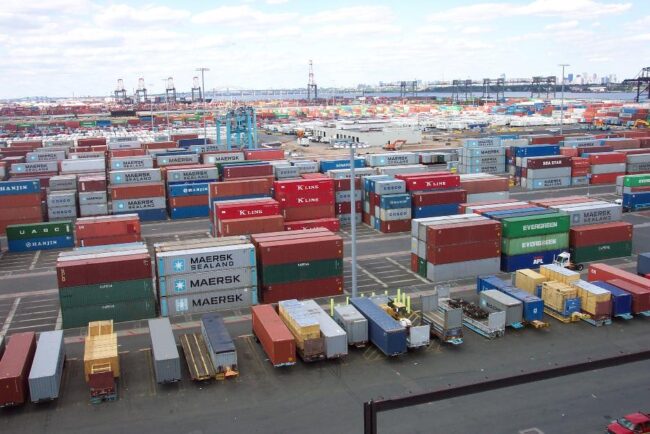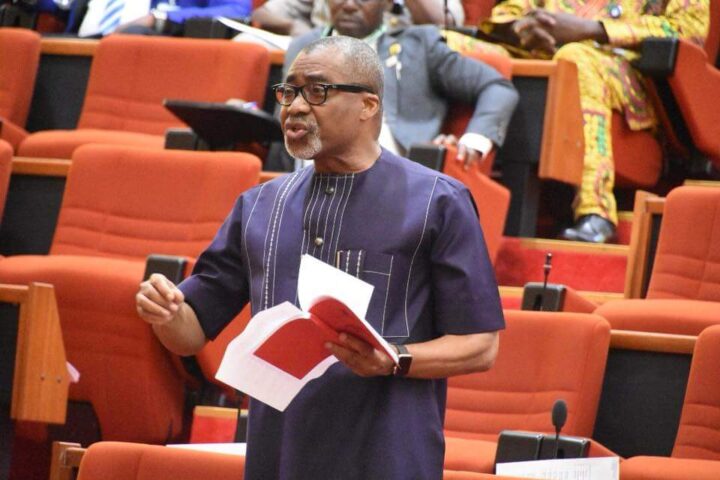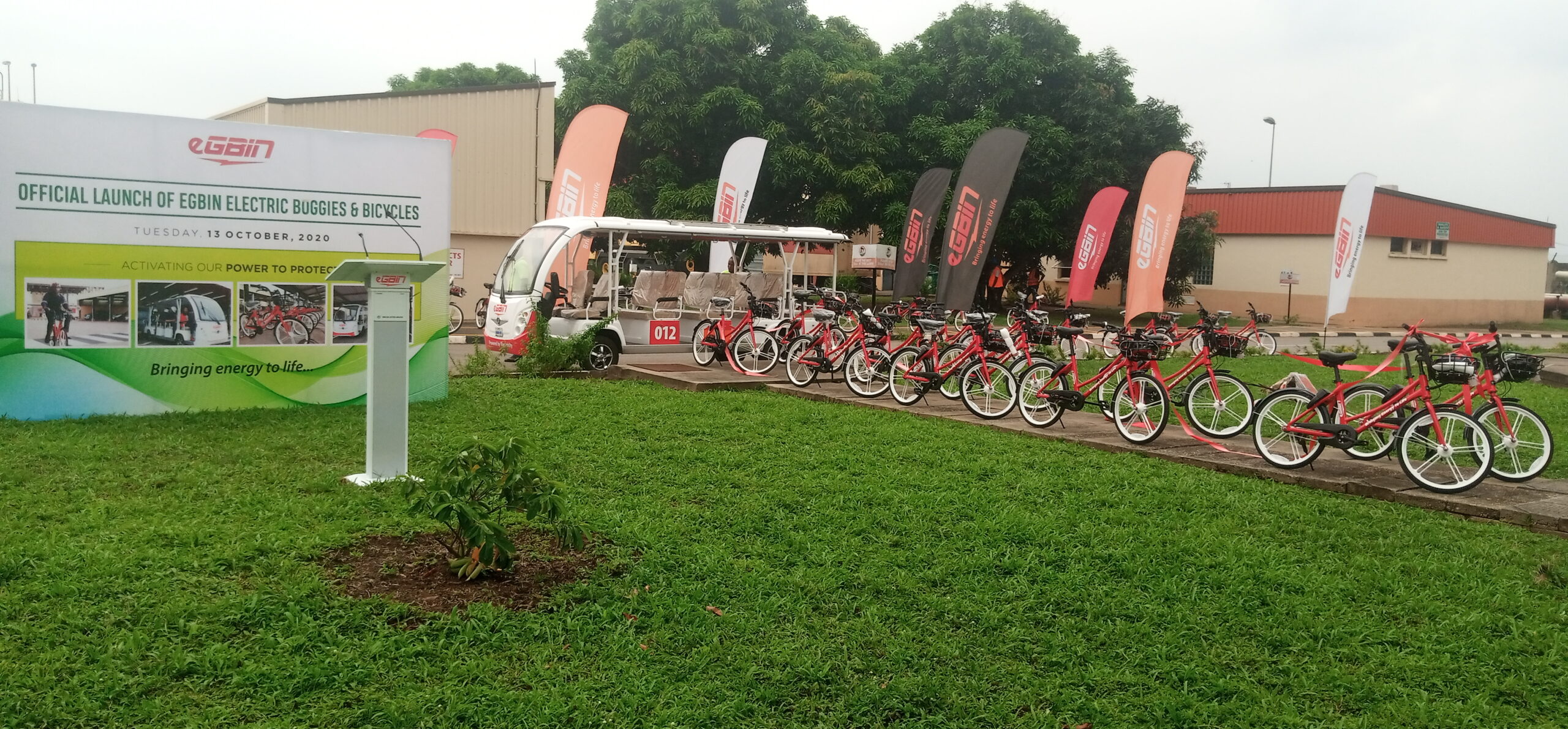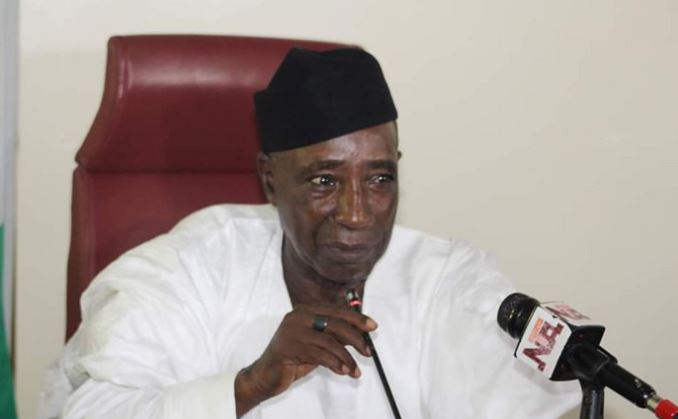The Lagos Chamber of Commerce and Industry (LCCI) has said customs processes and procedures of clearing cargo at the ports is affecting economic recovery efforts and hurting investors.
In a statement signed by Muda Yusuf, director-general of LCCI, these challenges create a big challenge for the business community, thus, urgent intervention and reforms is needed in the Nigeria Customs Service (NCS).
“Customs processes and procedures for the clearance of cargo at the ports is one of the biggest challenges currently faced by the business community. It is severely hurting investors and adversely affecting economic recovery efforts,” Yusuf said.
He said the business community is compelled to interface with too many units of the NCS and they include: pre-arrival assessment report (PAAR) office; valuation units; examination; releasing; unblocking; DC report; stamping unit; exit gate; and enforcement.
Advertisement
He also said businesses have to contend with some government agencies at the port including the National Agency for Food and Drug Administration and Control (NAFDAC), Standard Organisation of Nigeria (SON), Plant Quarantine, State Security Service (SSS), Police Anti-Bomb Squad, and the port police.
“Outside the ports, importers are confronted with federal operations unit of the customs, customs strike force, and the customs police.
“Encounters by the private sector with these numerous agencies imposes unbearable burden on importers and investors in terms of costs, time, and the bureaucracy.”
Advertisement
Yusuf said this phenomenon has become persistent and has also become a major source of uncertainty for businesses.
He also said other issues that impact investors negatively are: the trade facilitation role of the NCS which has been practically removed in pursuit of revenue targets; too many queries on imports emanating from diverse sources; and too many discretionary powers exercised by customs operatives in valuation and classification decisions.
“The frustrations of importers are compounded by the clumsy, long-winded, bureaucratic processes for seeking redress.
“Importers hardly get a fair hearing because the customs are the accusers and the judge. A fair, just, speedy appeal process is most urgently needed to save the private sector from the tyranny of the NCS.”
Advertisement
Yusuf said the federal government needs to urgently domesticate the World Trade Organisation (WTO) trade facilitation agreement to which Nigeria is a signatory.
Add a comment






